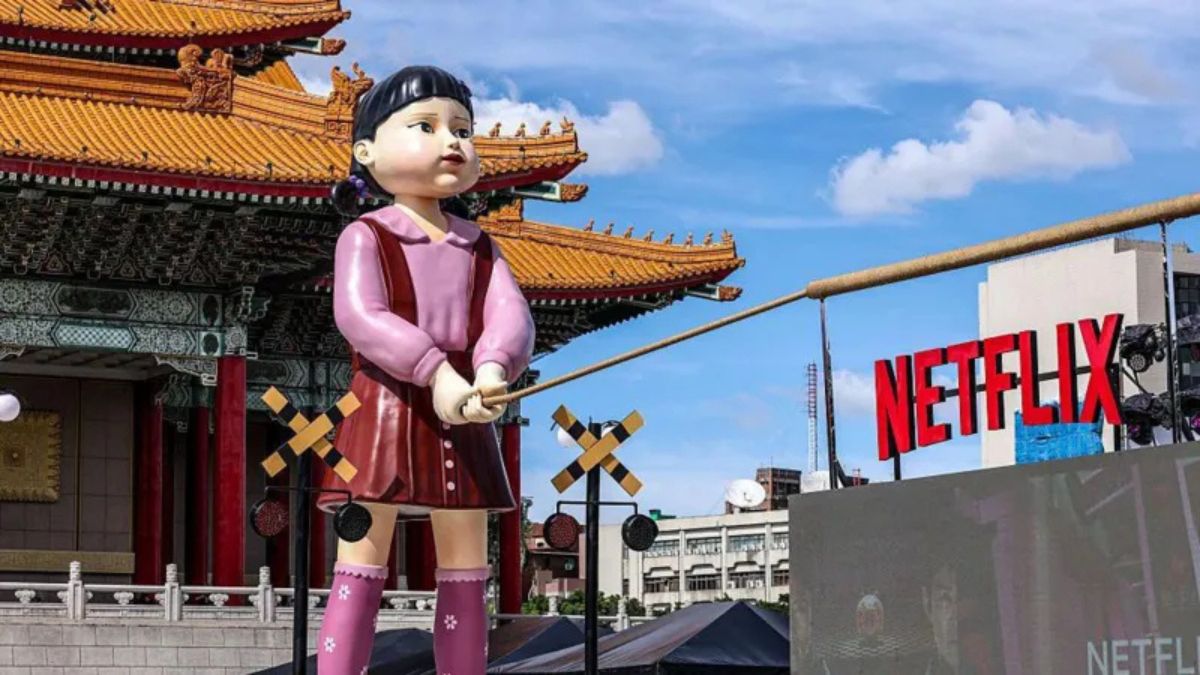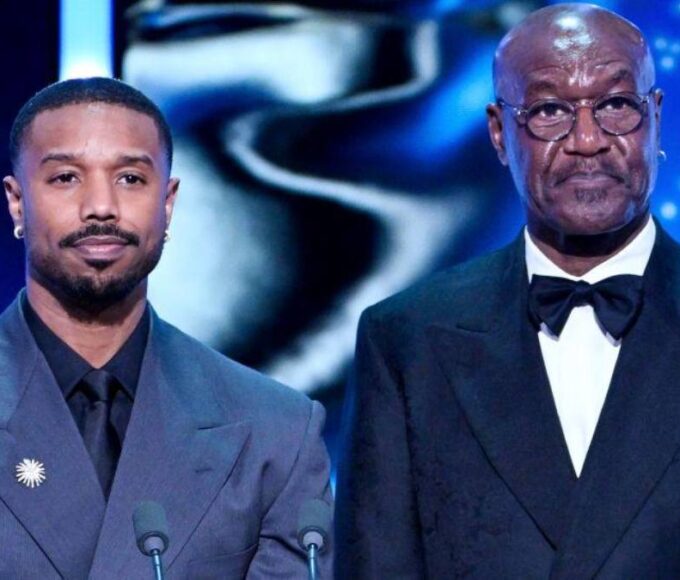Warning: This article contains spoilers.
Millions of fans said goodbye to Squid Game last Friday as Netflix released the final season of the Emmy-winning series. The show has topped charts worldwide and become a symbol of South Korea’s growing influence in Hollywood.
The fictional series follows desperate people competing in deadly versions of traditional Korean children’s games. Since 2021, Squid Game has captivated viewers with its colorful sets and dark messages about capitalism and society.
As the show ends, many South Koreans are thinking about the real-world problems that inspired the dystopian series.
Real-Life Struggles Behind the Fiction
Squid Game was created against the backdrop of intense competition and growing inequality in South Korea. The country faces serious social issues: people are too stressed to have children, and a single university exam can define someone’s entire future.
The show’s characters represent familiar figures in South Korean society – office workers, factory employees, and people struggling with debt. The main character, Seong Gi-hun, is based on real events. His story as a laid-off car factory worker was inspired by a 2009 strike at SsangYong Motor, where workers clashed with police over mass layoffs.
“The drama may be fictional, but it feels more realistic than reality itself,” wrote film reviewer Jeong Cheol Sang. “Unstable jobs, youth unemployment, broken families – these aren’t just plot devices, but the very struggles we face every day.”
Global Success and Cultural Impact
Despite its dark themes, South Korea celebrated Squid Game’s success with a massive parade in Seoul on Saturday. Giant dolls and guards from the show marched through the city center as fans cheered.
For South Korean leaders, Squid Game represents the country’s cultural power on the world stage. Along with K-pop group BTS and Oscar-winning film Parasite, the show helps President Lee Jae Myung’s plan to export Korean culture globally.
The series may continue in new forms. The final scene, featuring Cate Blanchett playing a Korean game in Los Angeles, has sparked rumors about an American spinoff.
Mixed Reactions to the Ending
The show’s conclusion has divided viewers. In the final episodes, protagonist Gi-hun fails to destroy the deadly games and sacrifices himself to save another player’s baby.
Some fans criticized this ending as unrealistic. “The characters’ excessive kindness was disturbing,” wrote one viewer on South Korean discussion site Nate Pann. “It felt fake, putting strangers before their own families for no real reason.”
Others praised the ending for staying true to the show’s harsh view of reality. “This perfectly describes humanity and the message of the show,” another fan commented. “That’s just not the world we live in.”
Creator Acknowledges Divided Response
Show creator Hwang Dong-hyuk admitted he expected mixed reactions. “In season one there were no expectations, so the shock worked,” he told reporters Monday. “But by seasons two and three, expectations were sky high, and that makes all the difference.”
For some viewers, the ending offered hope that kindness can survive even in difficult times. Film blogger Jeong said the finale made him question whether kindness can really change anything.
“That paradox – of cruelty and warmth existing together – is what made the finale so moving,” he explained. “That’s why I call this ending beautiful.”











